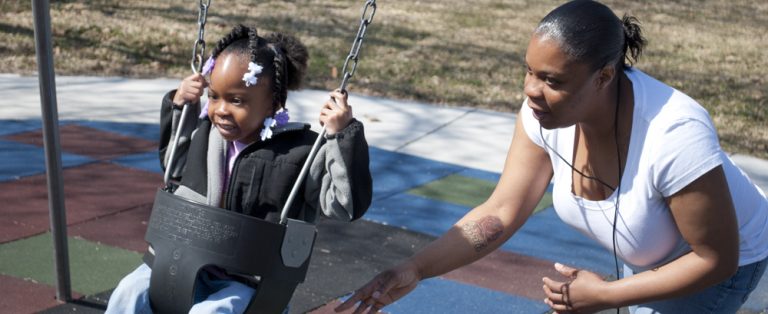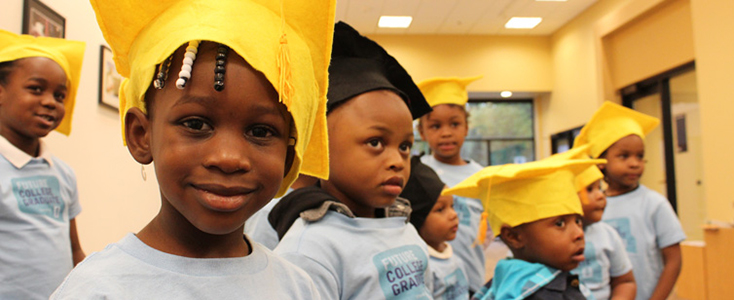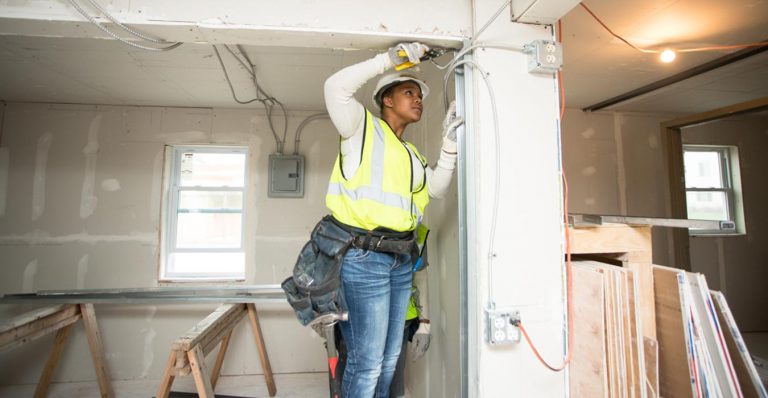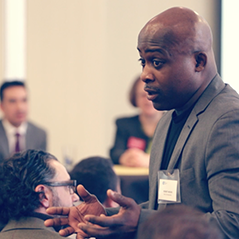 The Minneapolis Downtown Improvement District created the Minneapolis Safe-Zone Collaborative with the goal of making downtown Minneapolis a safe environment for those who live, work, play, and visit there. Through collaborations with public, private, nonprofit organizations, and law enforcement, they aim to keep downtown a safe, vibrant, and thriving environment.
The Minneapolis Downtown Improvement District created the Minneapolis Safe-Zone Collaborative with the goal of making downtown Minneapolis a safe environment for those who live, work, play, and visit there. Through collaborations with public, private, nonprofit organizations, and law enforcement, they aim to keep downtown a safe, vibrant, and thriving environment.
The Minneapolis SafeZone Collaborative hosts events to inform the public and to give them a chance to comment on civic initiatives. In 2015, they hosted “Access and Equality: The Convergences of Economic Vitality and Human Flourishing.” This event discussed the intersections of policy, education, housing and labor. Tony Barranco, VP of Development for Ryan Companies provided an inclusion report regarding their $400 million dollar mixed-use development in East Downtown. The featured panelists included Minneapolis City Council members and Pam Costain, CEO of AchieveMPLS, and Alex Tittle, Equity Director of Minnesota Sports Facility Authority.
Critical questions from attendees included: “In what ways do the City of Minneapolis’ economic policies shape the landscape of business opportunities?” and “How can quality schools and well-prepared youth create a strong community” and “What is equity labor and why is it needed in this moment of Minneapolis’ history?” and “What are the various kinds of affordable housing development options in Minneapolis and how does a diverse housing inventory assist in creating a more stable social fabric?”
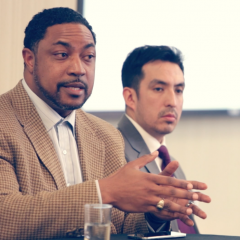 Pam Costain discussed the fact that by 2018, 70% of all jobs in the region will require post-secondary education. Yet many young people will not be able to access this opportunity due to educational disparities. This is not the responsibility of schools alone. Businesses, nonprofits and government must come together to support our schools and our youth.
Pam Costain discussed the fact that by 2018, 70% of all jobs in the region will require post-secondary education. Yet many young people will not be able to access this opportunity due to educational disparities. This is not the responsibility of schools alone. Businesses, nonprofits and government must come together to support our schools and our youth.
Alex Tittle discussed the ways the stadium construction labor was out performing its equity labor goals because of a concerted effort to look at all facets of engagement, including targeting community zip codes where small construction businesses have previously struggled to participate in large public projects.
Collectively, this forum helped more than 70 participants from over 50 businesses get a better grasp that equity and inclusion is a conversation that needs to be elevated to include all facets of society working together in order to have a more transformational effect.
